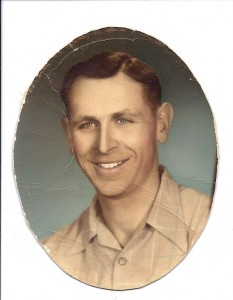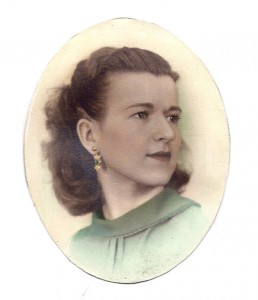
Meet Zeus. He’s about 7 months old, according to a local German Shepard Rescue group. My neighbor, Hilde, is fostering him. Last week she discovered a hard lump near his shoulder. On Tuesday, Zeus had surgery where the vet found yet another tumor behind the first one. We talked to the doctor when we came to pick up Zeus.
“I removed the tumors, but it doesn’t look good,” the vet said.
“What’s the percentage chance that it’s cancer?” Hilde asked.
“Five percent that it isn’t,” he replied.
Tears filled her eyes.
“We don’t know for sure,” I said. “Let’s wait to see what the biopsy says.”
A loopy but still loving Zeus met us and we guided him into the van. Back in Hilde’s driveway, she and my husband, Bob carried him into the house.
The next morning, still on painkillers, Zeus greeted me with romps and kisses.
“Wow, he’s amazing,” I told Hilde.
“It’s hard to realize he’s sick,” she said.
Today I answered the phone in my office.
“Liz,” said Hilde. “He doesn’t have cancer.”
“He doesn’t?!”
“He doesn’t,” she said. “All that worry for nothing.”
We were silent, each thinking about the doctor’s sobering –and incorrect—prediction.
“How could he have said that to me?” she said.
“I know. Remember Bob’s doctor?” I reminded her.
Years ago, my husband’s constant coughing sent him to his physician who administered an x-ray. It showed a huge growth in his right lung. “Cancer,” the doctor said.
We saw an oncologist, who seconded the bad news, pointing out the ugliness on the films. It seemed to take over Bob’s right lung, as it seemed to take over our lives.
The doctor called a few days before Christmas. He said we’d have to wait until January to see a lung specialist who would perform an MRI. Surgery and chemo was sure to follow.
“What if it’s something contagious?” I asked Bob’s doctor. Maybe it’s TB or an infection? If he’s contagious, maybe we should cancel our Christmas party?”
The doctor sighed. “He’s not contagious. Live your life. Enjoy your holidays.”
Enjoy?
A few weeks later, the lung doctor questioned us thoroughly. “I think you have an infection,” he said to Bob. “Let’s try antibiotics first.”
You can guess what happened. The drugs cleared up the “tumor.” Bob’s coughing stopped.
Now when I begin to worry about something out of my control, I try and pre-empt myself. Do I know beyond a doubt it’s true?
Writing Prompts:
- How do your characters face conflicts and tragedy in their lives? Do they roll easily with life’s ups and downs? Deny them? Face them with humor, emotional resiliency, or abject horror? Write a few scenes with scenarios that could happen to your protagonist.
- Write the outcomes of these scenes. Try different resolutions. Which one feels right?
- Choose a scenario to read to your writing group. Make sure you ask the write questions as to how to improve your scenes.
- Don’t worry. Over time, your writing does improve!













